
The senior investigator at the National Institutes of Neurological Disorders and Stroke discussed 2 treatments currently being evaluated for use in multiple sclerosis.

The senior investigator at the National Institutes of Neurological Disorders and Stroke discussed 2 treatments currently being evaluated for use in multiple sclerosis.
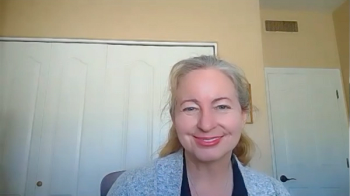
The executive vice president and chief research officer of the MDA gave an overview of the upcoming virtual annual meeting and her insight on what to look for.

The assistant professor of neurology at Mayo Clinic detailed the areas of autoimmune encephalitis research that need more attention, as well as the diagnostic potential of autoantibody assays.

The neurologist from the University of Washington Medical Center discussed how the study of natalizumab adverse events came about and the importance of this monitoring period.

The retrospective analysis in patients aged 55 years and older underlines the importance of testing different patient populations.
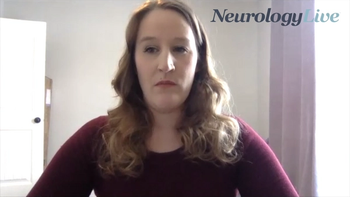
The PhD candidate at the neuroimmunology laboratory at Memorial University of Newfoundland discussed further research she would like to see conducted with IL-1RA in MS.
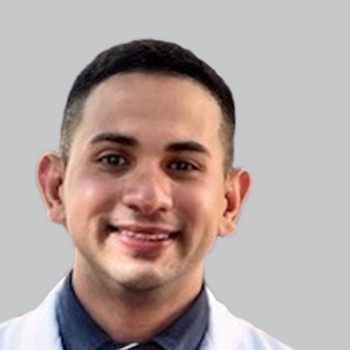
Researchers found that, in an exploratory analysis of 150 patients, African American patients with MS were most likely to become disabled and lose employment.

Ishu Arpan, PhD, senior research associate at Oregon Health & Science University, discussed her team’s investigations into identifying patients with MS at risk of falling.

Patients having a relapse, confirmed disability accumulation, or worsening in fatigue had significant negative impact on each of the work productivity and activity impairment measures.
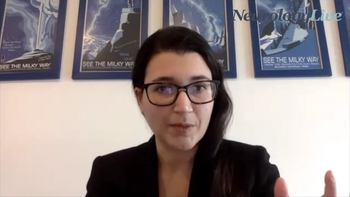
The neurologist from Massachusetts General Hospital discussed physician rationales behind prescribing DMT use in RIS.

Researchers found that the percentage of telemedicine visits increased from 15% to 72.8% during the COVID-19 pandemic.

Neurology News Network for the week ending March 6, 2021.

The assistant professor of neurology at Mayo Clinic discussed his presented talk at ACTRIMS Forum 2021 on autoimmune encephalitis.
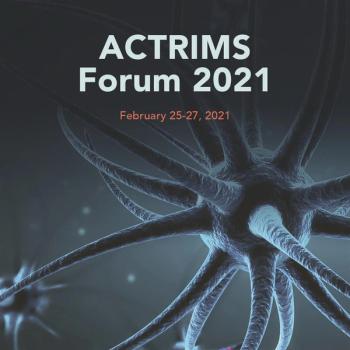
Researchers also found that patients with progressive MS had longer disease duration before starting DMTs than those with relapsing MS.
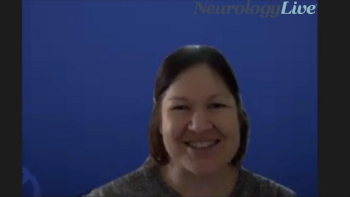
The assistant professor of biostatistics at Washington University in St. Louis discussed what role the COViMS registry can play for the MS community at this stage in the pandemic.

Researchers used single-cell RNA sequencing on adult, pediatric, and infant surgical tissues to study oligodendrocyte types in order to better understand multiple sclerosis.
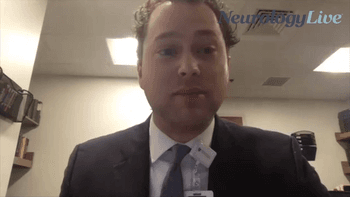
The fellow of autoimmune neurology at Massachusetts General Hospital discusses the ongoing question about whether the demyelination is an unmasking of disease or consequence of the treatment.

The PhD candidate at the neuroimmunology laboratory at Memorial University of Newfoundland discussed her team’s investigations into the use of IL-1RA as a biomarker for MS disability.

The clinical research coordinator at Massachusetts General Hospital discussed his presentation from ACTRIMS 2021 on electronic pill bottle monitoring to promote MS medication adherence.

The assistant professor of neurology at Mayo Clinic provided his thoughts on the next steps in understanding autoimmune encephalitis and the direction that research must pivot to.

The authors expanded upon the notion that nonadherence to oral DMTs is more nuanced than simply missing doses.

The researchers found that interleukin-1 receptor antagonist levels in plasma correlated with neurofilament light levels in cerebrospinal fluid.

Researchers found that 22 of 23 patients with elevated CSF NfL at baseline had normal levels at 2-year follow-up.

The authors noted that future studies evaluating the time course of fatigue in patients with multiple sclerosis are needed.

The global head of Development and External Affairs-Neuroscience at Janssen Pharmaceutical discussed areas of multiple sclerosis research that need more attention.

The assistant professor of neurology at Mayo Clinic detailed his presentation at ACTRIMS 2021 Forum on the rising prevalence of autoimmune encephalitis.

The neurologist from Massachusetts General Hospital gave an overview of her study presented at ACTRIMS.

Researchers from Massachusetts General Hospital found that DMT-treated patients were, on average, younger than untreated patients.

Higher concealment behavior for patients with multiple sclerosis was associated with higher anxiety, but not depression.
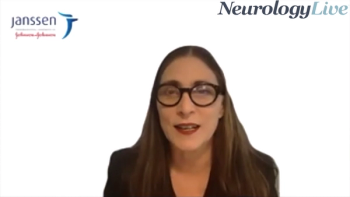
The global head of medical affairs-neurology at Janssen Pharmaceutical provided background on the need for real-world studies and how they can accurately portray a disease community.